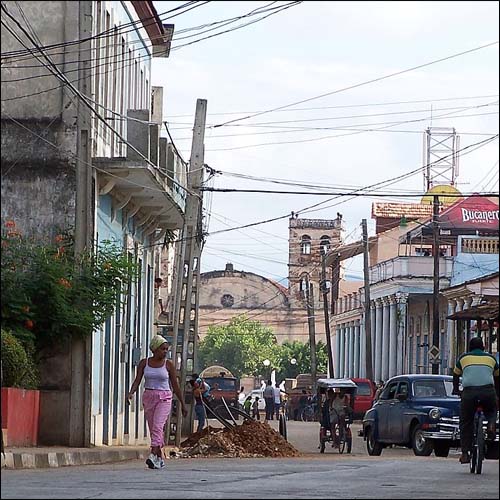 It appears that the Department of State may be considering removing Cuba from the list of state sponsors of terrorism. The immediate impact of this will be howls of outrage from the rabid Babalú crowd and other die-hard supporter of Cuba sanctions. Of course, of more interest to the readership of this blog will be the practical impact of such a removal, if it occurs, on exports to Cuba.
It appears that the Department of State may be considering removing Cuba from the list of state sponsors of terrorism. The immediate impact of this will be howls of outrage from the rabid Babalú crowd and other die-hard supporter of Cuba sanctions. Of course, of more interest to the readership of this blog will be the practical impact of such a removal, if it occurs, on exports to Cuba.
If you think that the removal of Cuba from the list will permit unlicensed exports of food, medicine and agricultural goods to Cuba, think again. Although section 7205 of the Trade Sanctions Reform and Export Enhancement Act of 2000 (“TSRA”) does indeed impose a license requirement on shipments of these goods to state sponsors of terrorism, it also directly imposes that restriction on TSRA exports to Cuba. So a license will still be required even if Cuba is removed from the list.
Section 40 of the Arms Export Control Act prohibits granting licenses for the export of items on the United States Munitions List to state supporters of terrorism. So there is a theoretical possibility, I suppose, that if Cuba is removed from the list, the arms embargo against Cuba might also be lifted. Right. When pigs fly.
Then we have Section 6(j) of the now-defunct Export Administration Act as allegedly extended in force by various executive orders. Â That provision requires that certain licenses for exports of goods on the Commerce Control List to state sponsors of terrorism be notified to Congress. Since licenses for CCL items are rarely granted in any event for Cuba, and seem unlikely to be granted even if Cuba is removed from the list, this doesn’t seem to an area in which Cuba’s removal would have much impact.
In sum, removal of Cuba from the list seems largely symbolic and with little practical effect. At most, it could presage a liberalization of the embargo down the road, particularly if the current Cuban government gnaws on this bone a little rather than simply regarding it with disdain.
 Permalink
Permalink
Copyright © 2013 Clif Burns. All Rights Reserved.
(No republication, syndication or use permitted without my consent.)

 Posted by
Posted by  Category:
Category: 

